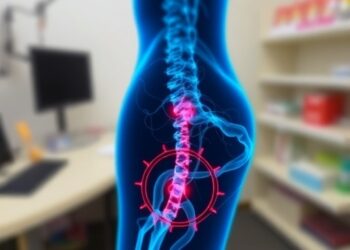Australians are no strangers to long, hot summers, but new Griffith University research has looked at the impact of hot weather on patients with pre-existing chronic diseases and how it increases their risk of being hospitalised.
Australians are no strangers to long, hot summers, but new Griffith University research has looked at the impact of hot weather on patients with pre-existing chronic diseases and how it increases their risk of being hospitalised.
The research, recently published in eBioMedicine, found the risk of hospitalisation increased with the number of pre-existing chronic diseases during hot weather.
Individuals over the age of 65 with multimorbidity, defined as having two or more chronic diseases, were most at risk during hot weather.
Dr Zhiwei Xu from Griffith’s School of Medicine and Dentistry said as global temperatures continue to rise, this will have an impact on our hospital system.
“Worldwide, more than half of people aged over 60 years have multimorbidity,” Dr Xu said.
“Hospitals will face more patients with multimorbidity during those hot days, which is why it’s so important future iterations of jurisdictional heat early warning systems to include people with multimorbidity as a distinct heat-vulnerable group.”
Currently, people with chronic diseases are listed in the heat-vulnerable group, but those with multimorbidity are not classified as a distinct and vulnerable subgroup.
Dr Xu’s research focused on emergency hospitalisations between March 2004 and April 2016 for patients with chronic diseases including cardiovascular disease, diabetes, mental disorders, asthma/COPD, and chronic kidney disease.
During that time period, more than two million emergency hospitalisations were recorded, and when the mean temperature increased, hospitalisation odds increased significantly for patients with multimorbidity.
These findings highlight the additional strain that elevated temperatures can add to already stressed human body systems such as cardiovascular or kidneys.
“We know exposure to hot weather is detrimental to human health and well-being, and patients with multimorbidity typically require more comprehensive and integrated medical management than patients with one or no chronic disease,” Dr Xu said.
Dr Shannon Rutherford, a co-author on this paper, also co-leads Griffith University’s Ethos project, an extreme heat warning system for older Queenslanders.
“This new study feeds into the work Ethos has underway which aims to provide in-home solutions to allow older people and their carers to monitor heat exposure, identify heat risks in their home, and respond to those risks using accessible cooling strategies,” she said.
The paper ‘Multimorbidity and emergency hospitalisations during hot weather’ has been published in eBioMedicine.
Journal
EBioMedicine
Article Publication Date
4-May-2024
COI Statement
N/A




